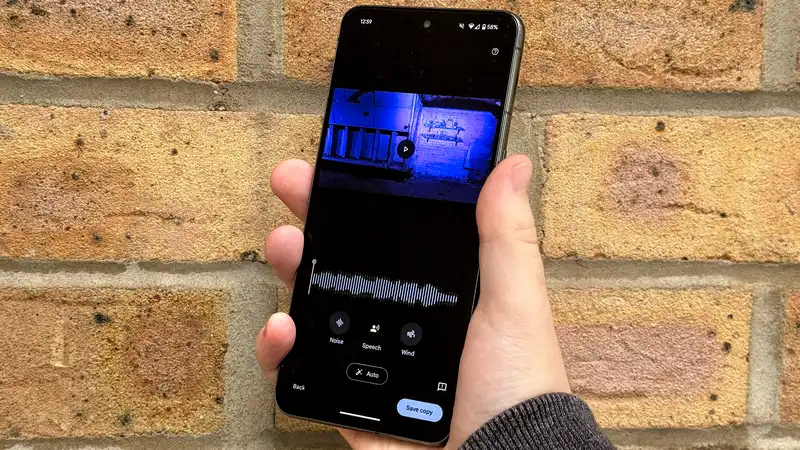Cynthia Erivo admitted during a Q&A at the Academy Art Museum that she only got “a couple of hours” of sleep a night while filming “Wicked” (via People). This short amount of sleep allowed her to complete a two-hour workout, sit in the makeup chair for another two hours, and then make a 5:00 AM phone call.
Elivo said the filming process drained her “physically and mentally,” and confessed that her time off was “very boring” because of the evening change of pace.
Surviving on less than six hours of rest may feel more like “not being able to get off the mattress” than “defying gravity.” Unfortunately, sleep disruption cannot always be avoided. If your busy schedule is disrupting your sleep, consider what you can do about it.
Don't get me wrong, 3 hours of sleep a day is not enough rest for anyone. At least, not in the long run. You may be able to get through a busy period on limited sleep, but you will likely collapse at the end of it.
Sleep deprivation occurs when the body is not getting the rest it needs, and with a full schedule, three hours of sleep is unlikely to be enough time for recovery. Symptoms of sleep deprivation include fatigue, headaches, difficulty concentrating, and irritability, and if you only get three hours of sleep a night, you probably won't be very popular in the office.
Sleep experts recommend that adults between the ages of 18 and 60 get seven to nine hours of sleep per night. Understanding your sleep chronotype can help you fine-tune your sleep schedule.
Some people can get less than 7 hours of sleep. In fact, some men claim to sleep only 30 minutes a night (though this seems as realistic as flying monkeys). On the other hand, others need more sleep, and even eight hours is not enough to doze off.
And there is another important factor: sleep quality; six hours of deep rest is sometimes better than a long night in bed tossing and turning. So we should think more about how we feel after a night's sleep and less about how many hours we logged on our Time Dragon clocks.
Few of us need to wake up in the morning and turn ourselves green, but there are times, especially during the holiday season, when our schedules are so packed that we have little time for quality sleep. Whether you're working a particularly demanding job with the vacation break just around the corner or have plans to overstay your welcome in the OzDust ballroom, here are some ways to manage your sleep when you have little time in bed.
A good nap can help you feel refreshed throughout the day, but avoid common napping mistakes. Naps should be no longer than 20 minutes (allowing time to fall asleep) and should be over by 3:00 PM.
Strategic naps have the added benefit of giving you the energy you need. Napping also helps you mentally prepare to tackle the day and provides a bit of relief from being up in the middle of the night.
When it comes to sleep, the body prefers regularity. If you only get a few hours of sleep each night, sticking to a sleep schedule may seem unimportant. However, a regular schedule will help you fall asleep faster and sleep better.
During this busy time of year, aim to go to bed and get up at the same time each morning. Stay active during the day and get as much sunlight as possible to keep your circadian rhythm normal. At night, dim the lights and develop a relaxing nighttime routine before bed.
And, sorry, no caffeine in the afternoon. While a cup of coffee may seem essential to keep you dancing through life (or at least not dozing off at your desk), caffeine can stay in your system for a long time. If you only have three hours of sleep, you don't want to be regretting that last latte.
No good deed goes unpunished, and by the end of this busy season, you will likely have accumulated a sleep debt. While you may be tempted to spend your weekends in bed, streaming musicals, and recovering from your exhaustion, I suggest that you sleep rotten.
Instead, get back on a normal sleep schedule as much as possible and add a few extra minutes to make up for lost time. Avoid oversleeping, as it can lead to social jet lag and leave you as groggy as before; adding 15 minutes to an hour should allow you to pay off your sleep debt without disrupting your sleep schedule in the future.
During the day, be active and get some sunlight to reset your circadian rhythm. At night, dim the lights and engage in calming activities until you are ready for bed.
Studies have shown that it can take up to four days to recover from just one hour of sleep deprivation. However, not sleeping for a few days does not mean that your circadian rhythm is permanently out of whack.
.









Comments